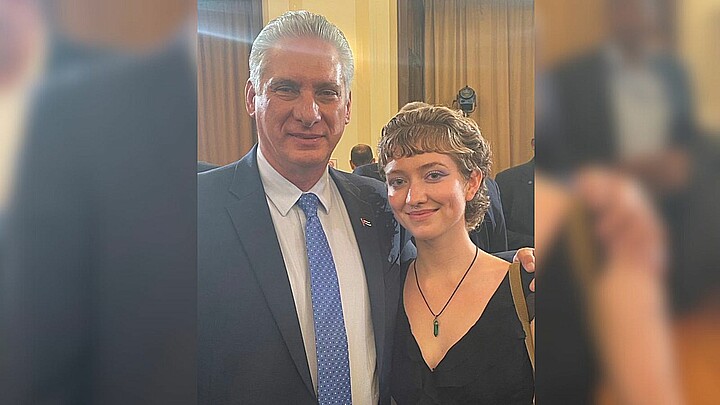Human Rights
Salman Rushdie attacker surprised author survived
He praised the late ayatollah but would not say if he was inspired by the fatwa.
August 17, 2022 4:34pm
Updated: August 17, 2022 10:30pm
The 24-year-old man who allegedly attacked Salman Rushdie last week praised the late Iranian leader who issued the fatwa, or edict, calling for the novelist’s death in a new interview from prison.
Hadi Matar of Fairview, N.J., is accused of stabbing the Indian-British author at least ten times at the Chautauqua Institution in upstate New York on Friday. Rushdie has reportedly suffered nerve damage and may lose an eye.
“When I heard he survived, I was surprised, I guess,” Mater told the New York Post.
In the interview, he praised Iran’s late leader Ayatollah Ruhollah Khomeini, who issued the fatwa calling for the death of Rushdie and his publishers in 1989 over The Satanic Verses, his novel than some Muslims deemed blasphemous and a mockery of their faith.
But he stopped short of saying Khomeini’s decree inspired his attack on Rushdie, citing a warning by his lawyer.
“I respect the ayatollah. I think he’s a great person. That’s as far as I will say about that,” Matar said.
The New Jersey man decided to take a bus up to the Chautauqua literary conference after seeing a tweet announcing Rushdie’s visit.
“I don’t like the person. I don’t think he’s a very good person,” he said about Rushdie.
“He’s someone who attacked Islam, he attacked their beliefs, the belief systems,” he added.
Matar noted that he has only “read a couple of pages” of the novel in question but has watched videos of Rushdie on YouTube.
“I saw a lot of lectures,” Matar said. “I don’t like people who are disingenuous like that.”
The now-75-year-old Rushdie went into hiding after the issuance of the fatwa, whose status as been in flux under subsequent Iranian leaders. The country’s current supreme leader, Ayatollah Ali Khamenei, declared in 2006 that the edict was still valid. In 2016, Iranian media outlets fundraised $600,000 to add to the bounty, bringing it to $3.2 million.
An Iranian foreign ministry spokesman denied any involvement in the knife attack, instead blaming Rushdie for “exposing himself to public wrath and fury” with his work.
Matar pleaded not guilty to charges of attempted murder and assault. He complained to The Post that the jail was serving him food he is not allowed to eat by his religion but is otherwise “doing all right.”









